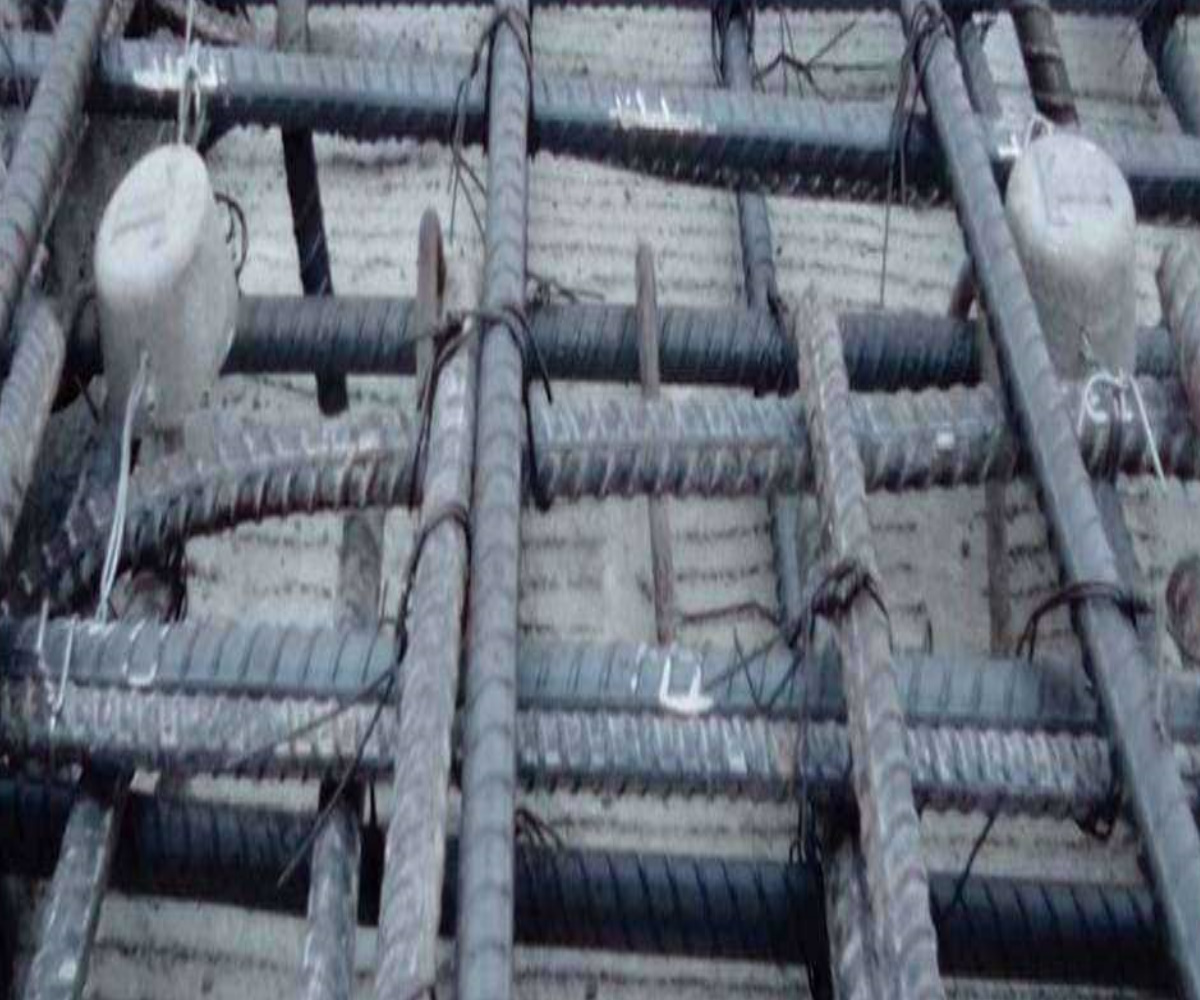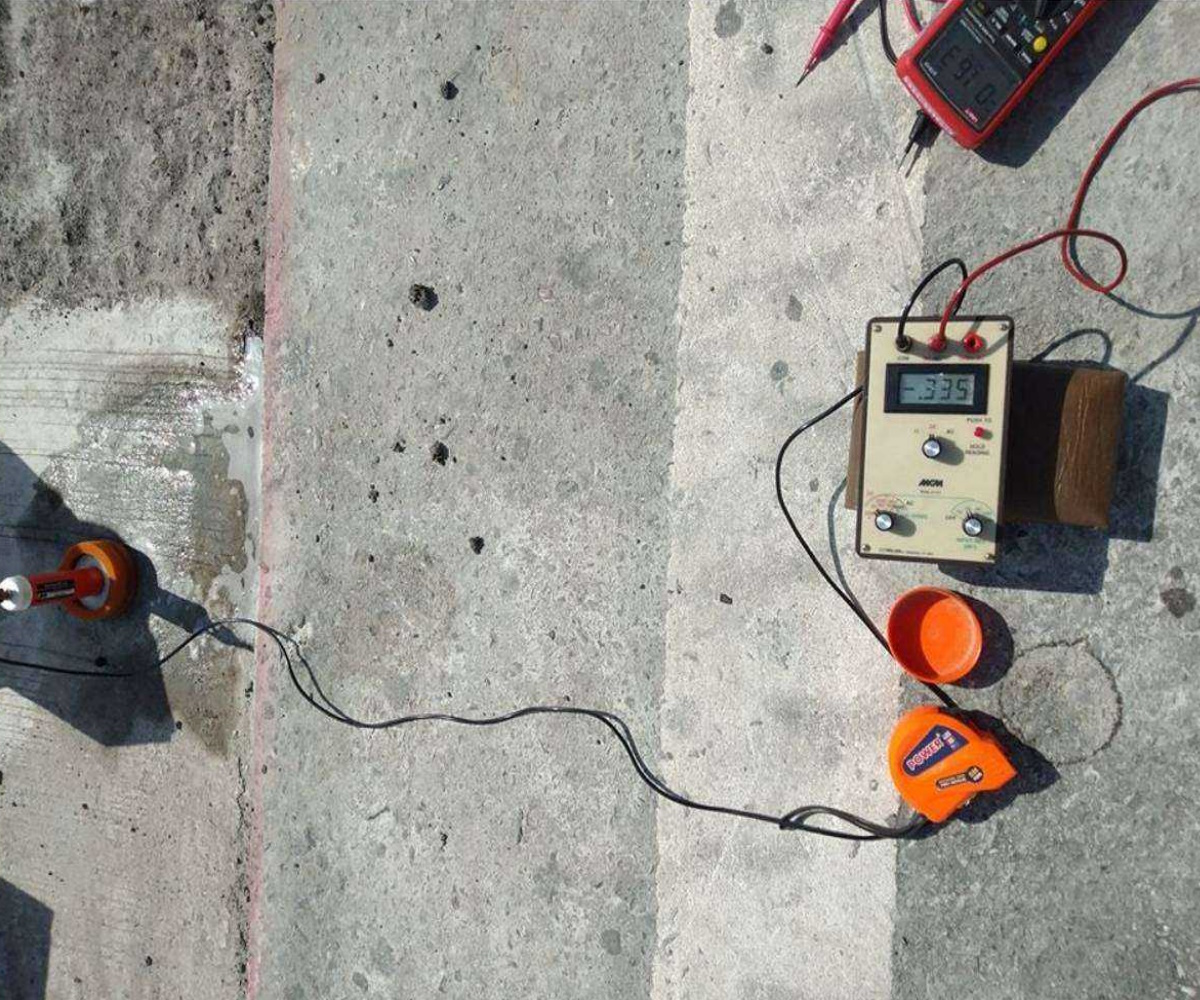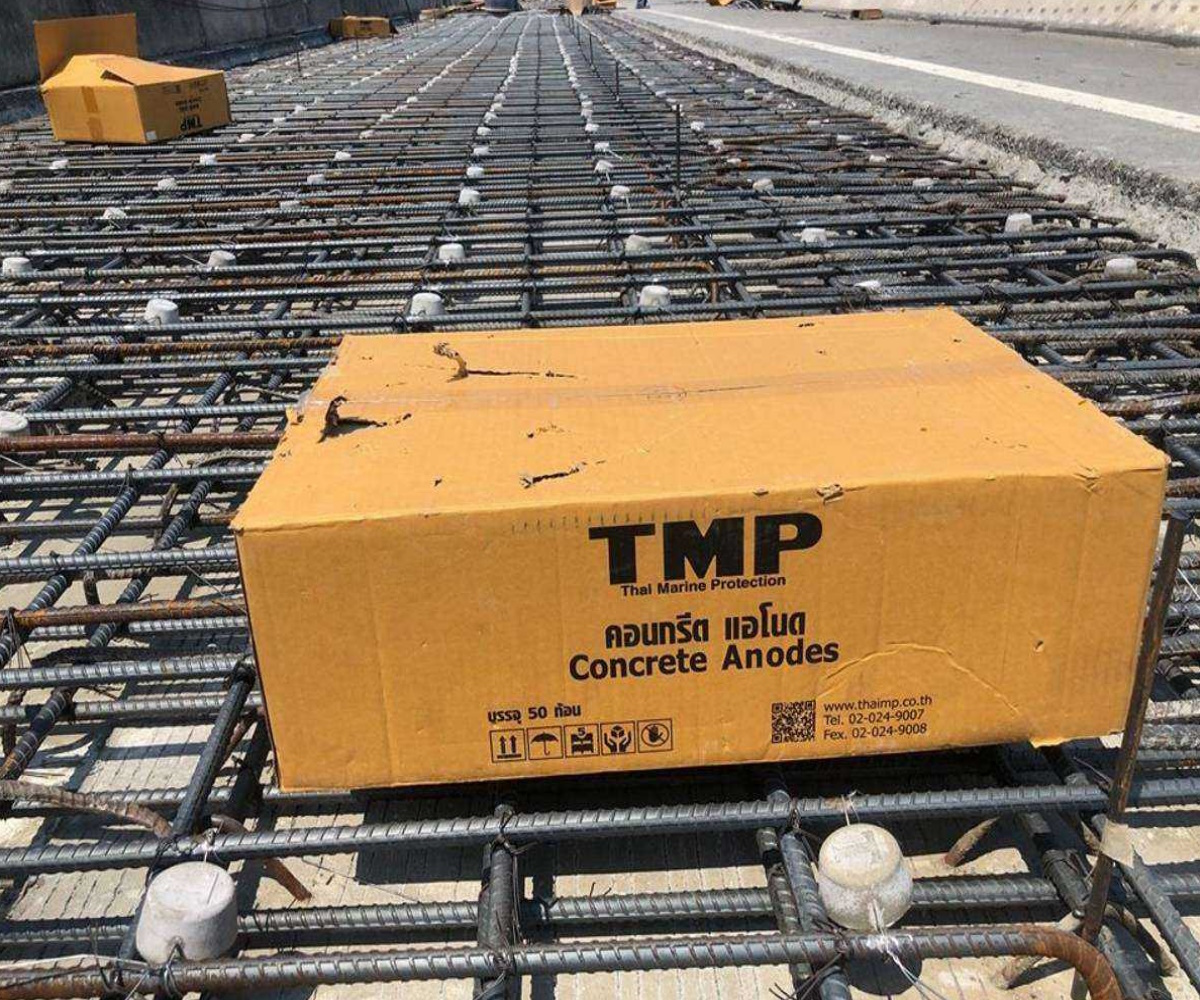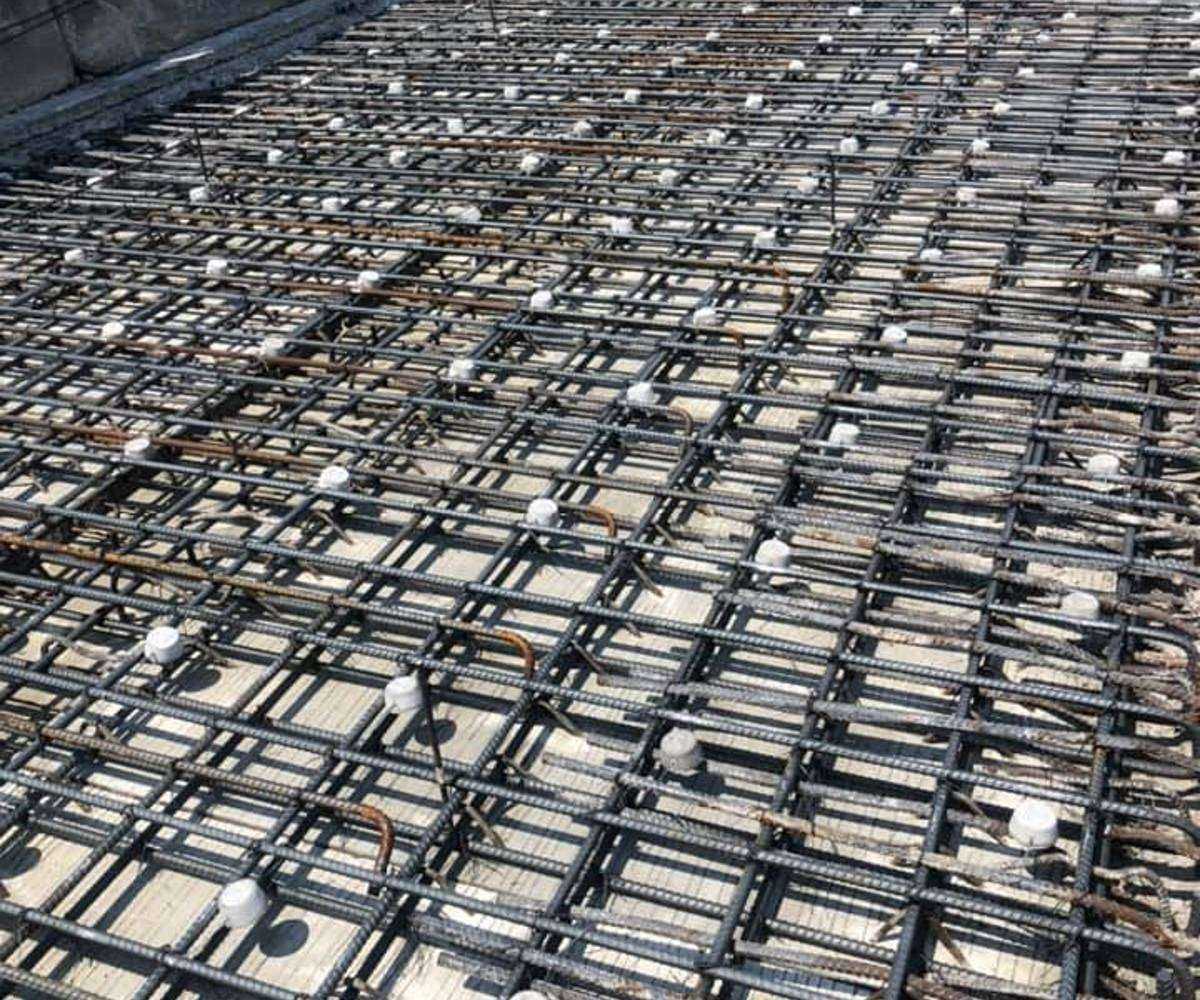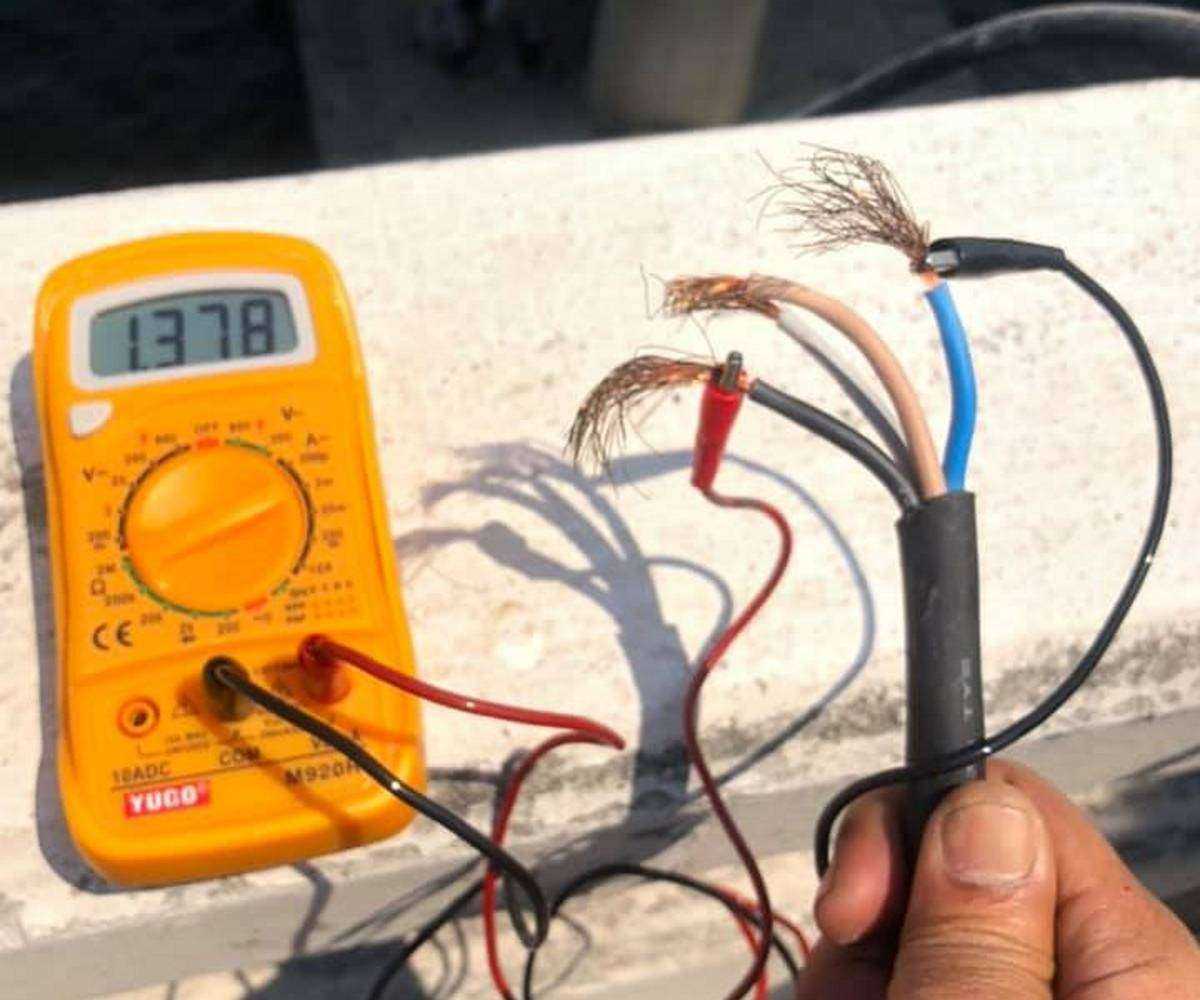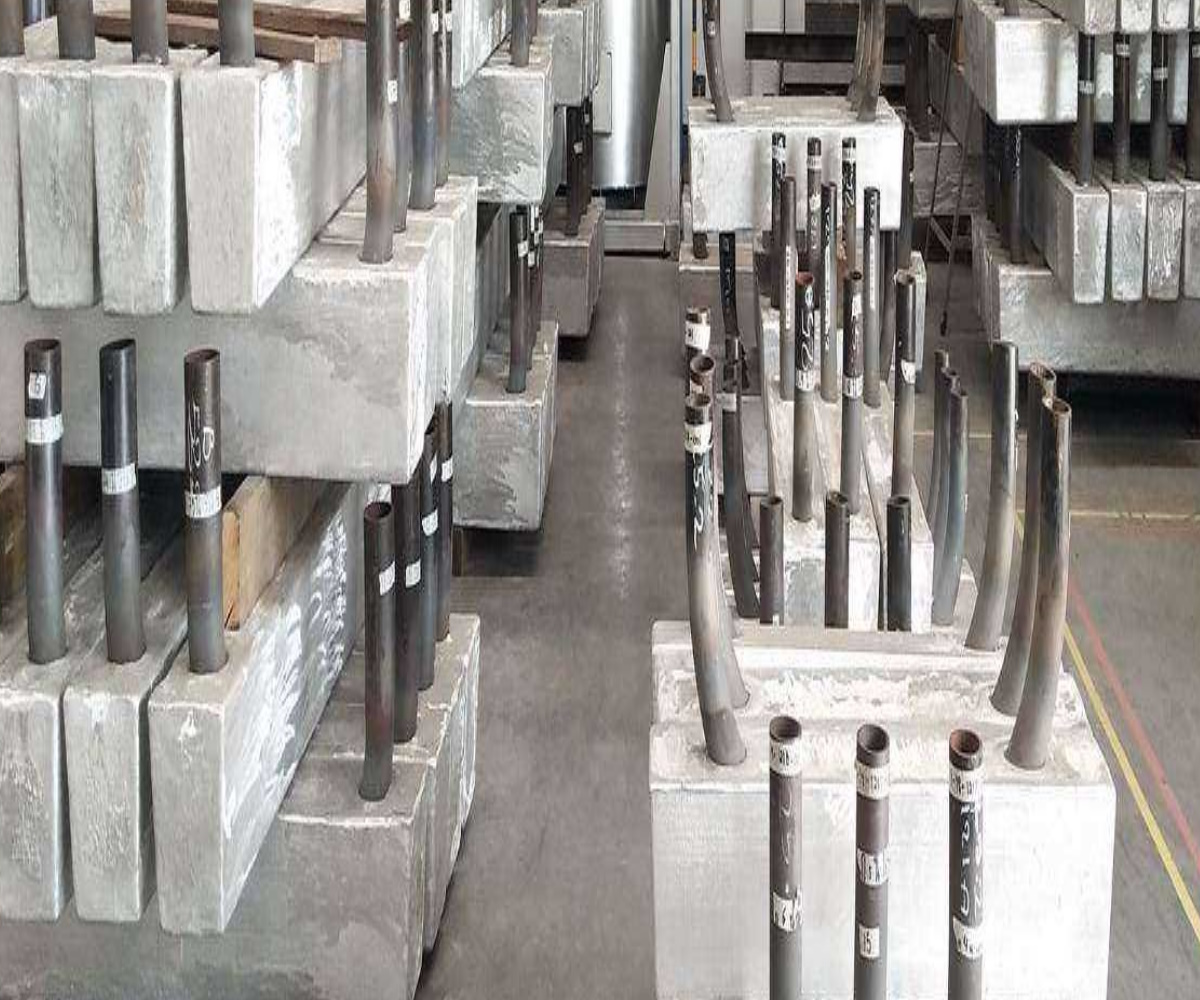TMP Concrete Anode
By: THAI MARINE PROTECTION CO LTD.| Price | Available on request |
| Category | Others |
| Manufacturer | Thai Marine Protection Co.Ltd.(TMP) |
| Min Order Quantity | 1.00 Tons |
| Delivery Lead Time | 30 Days |
| Place of Origin | Thailand |
| Supply Ability | Customization on Requirement |
| Packaging Details | As per customer's specification |
| Transportation Details | Road/Ship/Air |
Description
Normally, rust or corrosion of reinforcing steel in concrete is restricted by high alkaline environment (pH > 12). The passive film on the steel surface is the key for corrosion control in concrete. However, the passive film of reinforcing steel will become unstable or be destroyed in the presence of chloride or carbon dioxide. Concrete is permeable and allows the ingress of chloride and carbon dioxide. The carbon dioxide will react with alkali and form carbonate. Carbonation will reduce the pH value of concrete to about 8. If the carbon dioxide penetrates deeply into concrete and reaches the reinforcing steel, the passive film is destroyed and steel begins to corrode.
The corrosion of reinforcing steel due to ingress of chloride is more common than that of carbon dioxide. The cracking and spalling of reinforced concrete can be frequently founded in seawater, blackish water, seacoast, salty ground water and etc. The rust is larger than steel. Thus, the internal pressure or expansion within the concrete is the cause of cracking and spalling.
●Refer attachment for specific volume of the corrosion product of iron
Other Products
Post requirements












